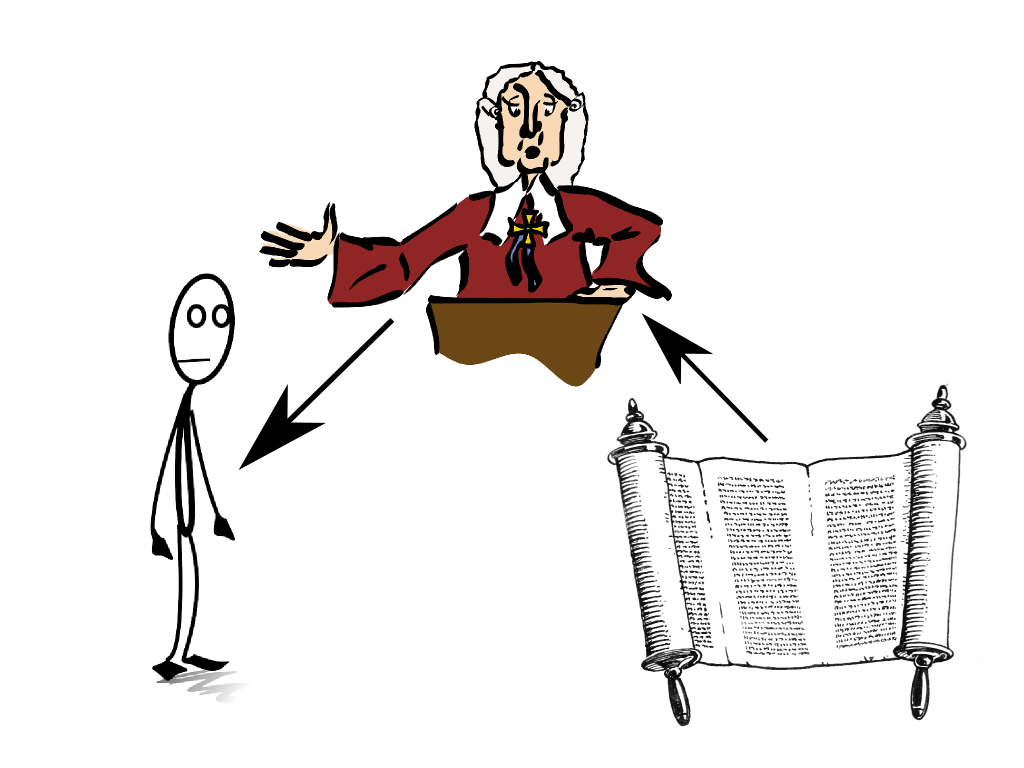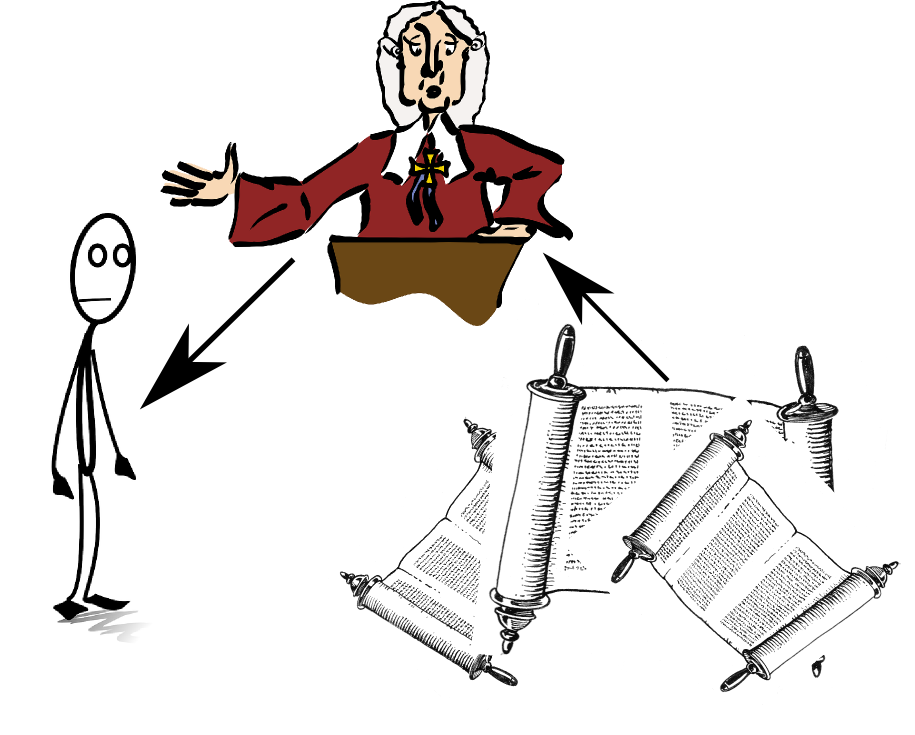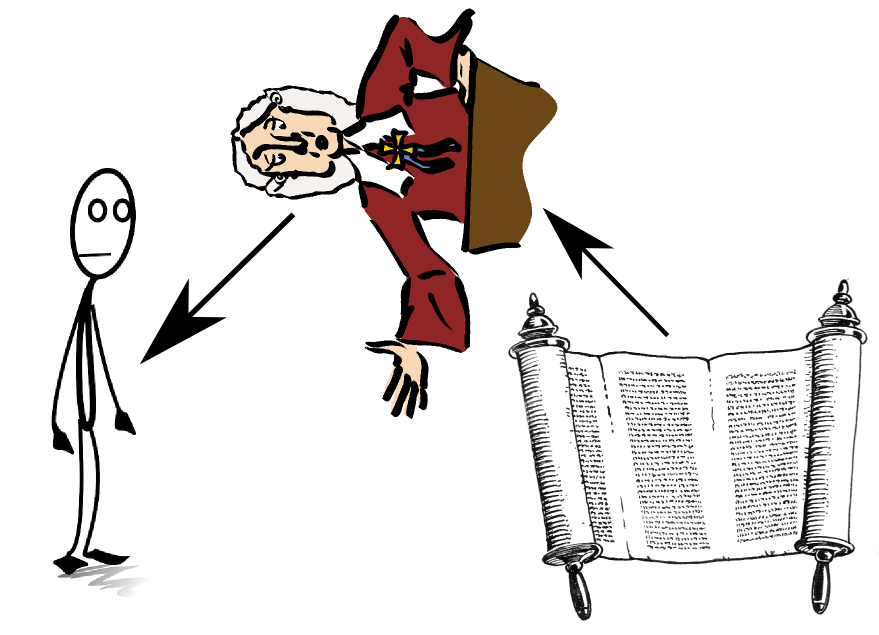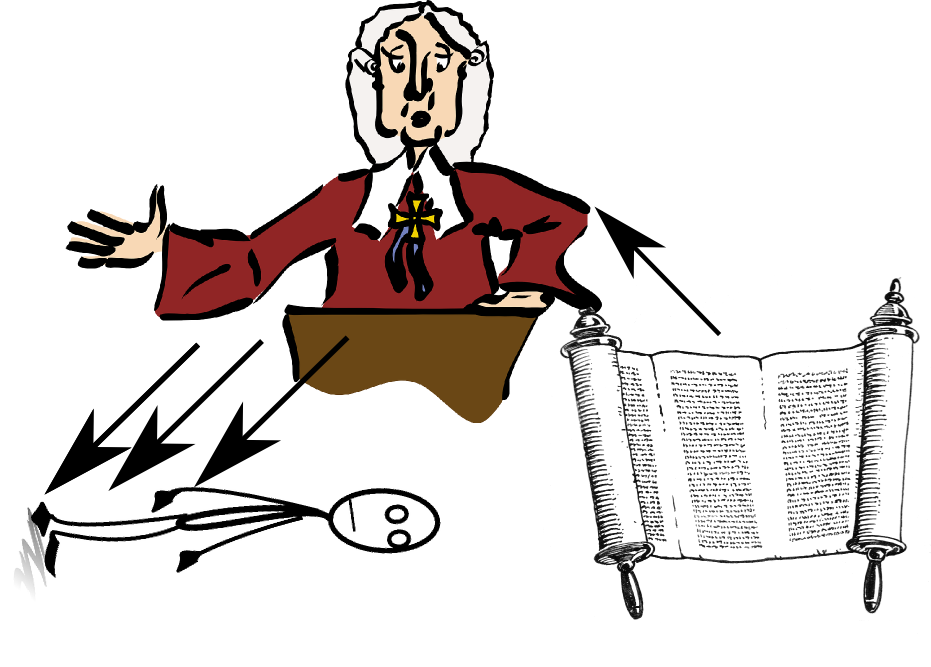Andrew Fountain - When our Conscience Turns Rogue - The God of all Comfort
- Artist: Andrew Fountain
- Title: When our Conscience Turns Rogue - The God of all Comfort
- Album: Newlife Church, Toronto
- Year: 2017-06-18
- Length: 41:21 minutes (16.59 MB)
- Format: MP3 Stereo 44kHz 56Kbps (VBR)
Link to Video:
When our Conscience Turns Rogue - The God of all Comfort Sermon notes - When our Conscience Turns Rogue - The God of all Comfort
- story of mixer (read from Kim Fredrickson)
The Science of Self Compassion
- I want to summarize it and then respond from a Biblical perspective.
- For example, we should keep praising children and telling them how wonderful they are because they need to have high self-esteem
- It turns out not to work very well because
- Often our self-esteem is from comparison (story of 5% pay rise)
- But also it can turn to nacissism, or a sense of entitlement
- And when you fail, it totally crashes
- There are a lot of good books and videos on the subject that I’ll give you references to.
- An excellent video is: Kristin Neff: The Science of Self-Compassion —Talks at Google
- There’s a particularly good book by a Christian therapist:
- Gives a great biblical basis to the concept, with lots of examples
- I don’t want to disagree with any of this, but I think there is a missing dimension—let me explain:
- Some of the material out there on self-compassion are from a Christian perspective. (like this book)
- But there is also a lot of stuff from a Buddhist position
- You will often here:
- Buddhism is all about self-compassion
- Buddhists are super-compassionate to others
- All this is right at the core of our teachings and has been for 1000’s of years
- So I asked myself a question. If this is true, what are the fruits of this teaching when a whole society is run according to them?
- I’m not trying to single out Buddhism for a special attack today, just asking questions.
- Trying to understand the difference between Buddhist self-compassion and Christian self-compassion
Quotes from Wikipedia:
- “The level of corruption in Cambodia exceeds most countries in the world.”
- Extreme human rights abuses, including against children, the homeless and the disabled.
- Similar in other two nations
- Sp what is going on?
- An article in Forbes Magazine
- It’s only the power of God that can change us!
- I believe that there is a simple concept that can bring us a lot of clarity in understanding what has gone wrong.
- definition
- Results in...
- See this really useful chart comparing true/false guilt and shame
The best way to understand what is happening inside us is to understand how our consciences work.
- All of us have inside us a wonderful faculty called the conscience
- Unfortunately it can easily go wrong and can cause all sorts of trouble.
- Explain the picture: The Judge is the conscience inside us
- But it is only as accurate as the law it is given
- Plus there can be other problems as we shall see
- Problems:
- Accuse us of something that is not in fact wrong (or we are not truly to blame)
- Fail to raise an alarm when what we are doing is in fact wrong (extreme case: sociopath)
- Keep on accusing us after we are forgiven
- Lead to shame (I have no value as a person) —not directly the conscience
- So what is the problem with Buddhism?
- Self compassion without an understanding of real sin, and the need for forgivness
- Wipe away the left columm:
- Judge has a faulty copy of the laws
- Extra laws which are no longer (or were never) in force
- Missing chunks of the law
- but Judge is entirely dependent upon information presented to them
- need to educate with Scripture
- Judge has given up because of being wounded (constantly violated)
- If you keep doing something you know is wrong (e.g. keep abusing someone)
- In the end, you can do it without feeling guilty
- Judge is too harsh, interpreting the law in an extreme way
- But we do need to submit to God’s grace
- I want to focus on this today
- The sin of self-harshness
- So let us allow God to define what he expects
- Some people fear self-compassion because they equate it with self-pity
- looking at oneself as a pathetic and sorry excuse for a person.
- That isn’t self-compassion; it is self-disdain.
- You are stewards of your body. Look after it. (man with the talent)
- Do you not know that your bodies are temples of the Holy Spirit, who is in you, whom you have received from God? You are not your own; you were bought at a price. Therefore honor God with your bodies.
Self-talk
- Tom’s example (riding his bike into Roselyn)
- My example (deleting files)
- How to comfort others (as the text says)
- This is a clear command, and ends with ourselves, so lets read that back into the early parts of the verse
- Process to go through when we mess up
Updated on 2017-06-20 by Andrew Fountain
- Download audio file
- 91 downloads
- 3 plays






